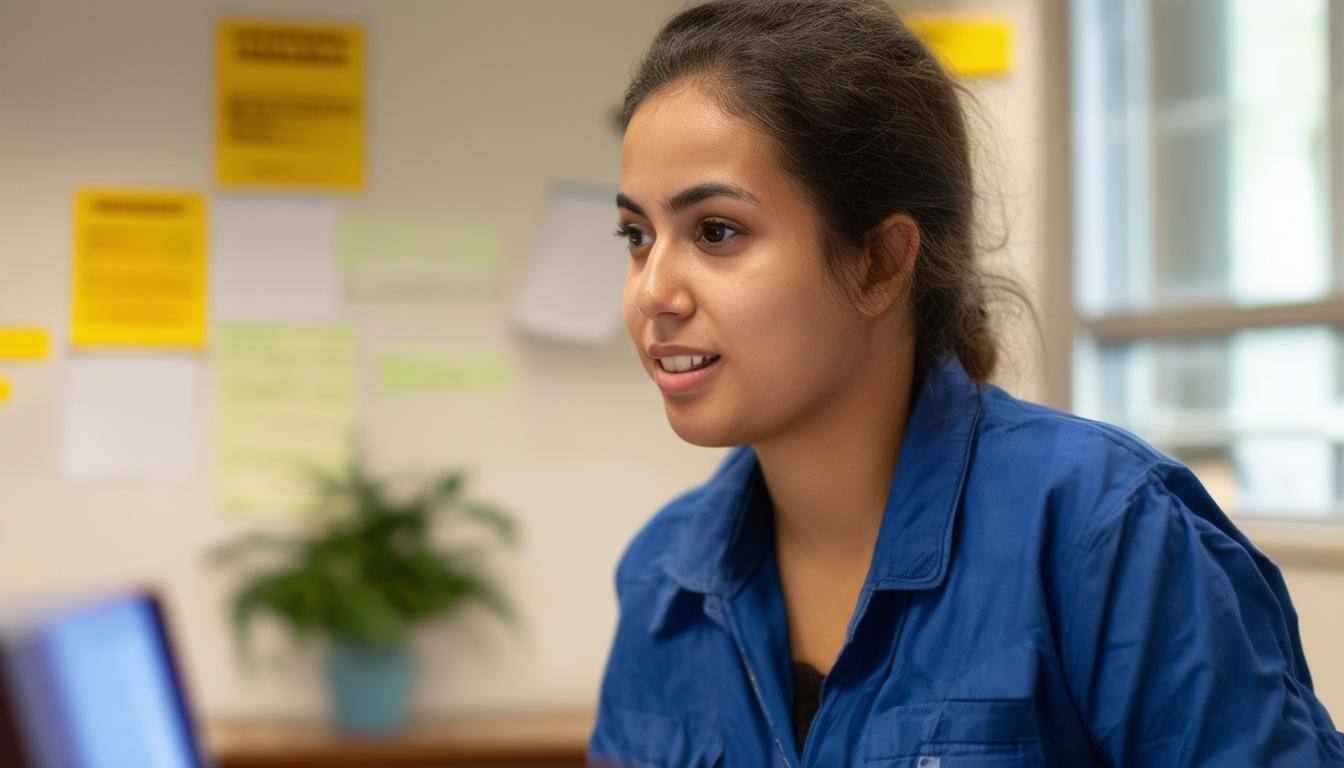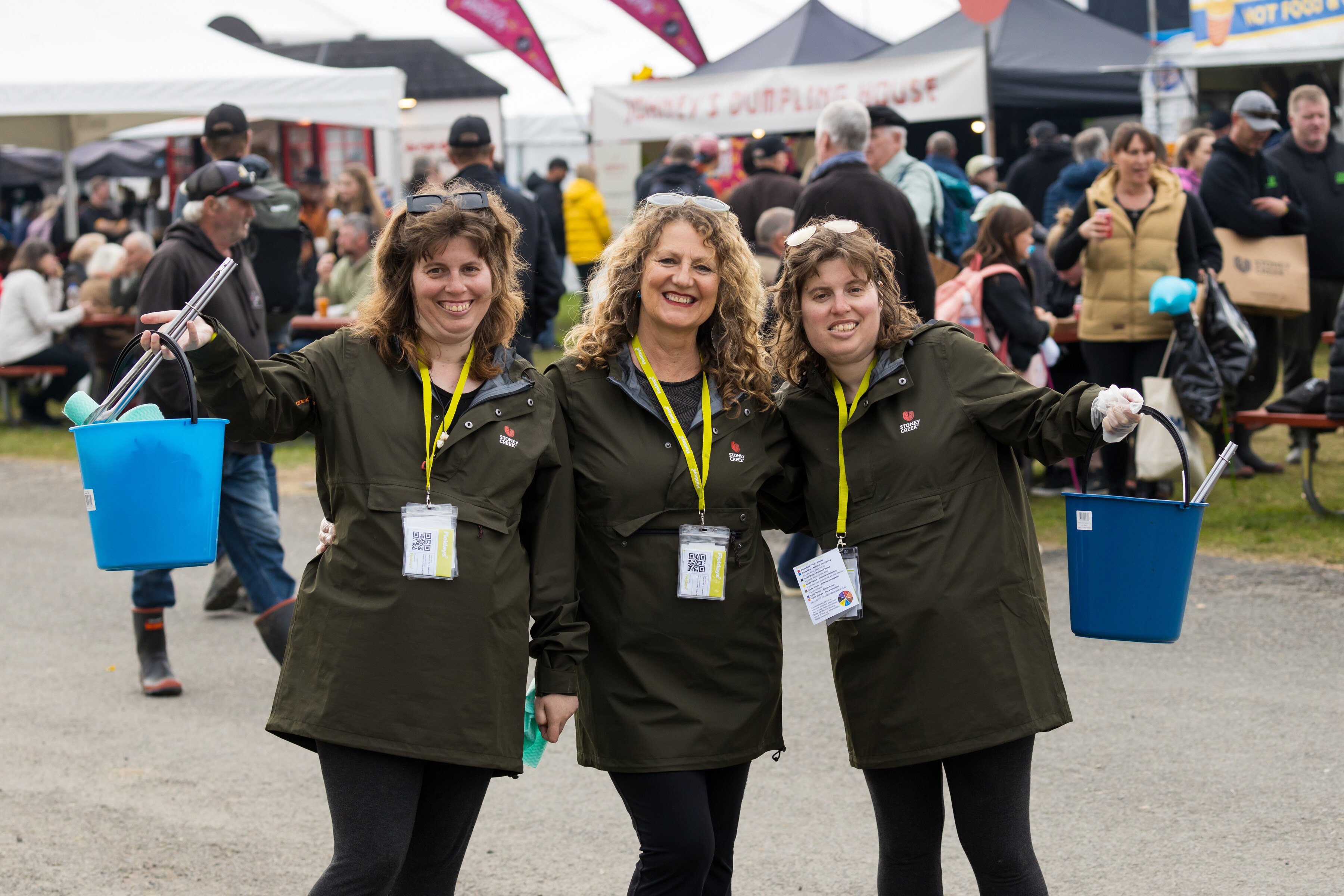Leveraging Volunteer Help at Nonprofit Events: 5 Strategies
Chances are, your nonprofit already recruits volunteers to help run your events, but have you ever thought about how you’re allocating their time?

Most of us know that if you want a strong, trustworthy team of volunteers, getting to know them before they come on is key. An interview should be part of that process. It seems, though, like few leaders of volunteers hold interviews. In a few cases, if they’ve filled out an application form and they’re still breathing, they’re accepted! Many organisations ask the potential volunteer to attend an orientation or information session. Most organisations require background or police checks before acceptance. But interviewing volunteers? Not often. In some cases, that’s because of a lack of understanding about how to effectively conduct an interview. Here are a few questions that might occur to you.
After you’ve created the role description, post it in places where many potential applicants are likely to see it. If you use a volunteer management software such as Better Impact, make sure that you have it posted on there where it can be seen by both current volunteers and the general public. Many VMS’s also have a way of highlighting new openings. If the role can be done remotely, and you want to get the most traffic, it’s best to also post it on national or international sites such as Charity Village or AL!VE.
If you’re looking for very specific skills, say legal knowledge, see if you can post on sites or social platforms that people with those skills follow.
Start by knowing who your ideal volunteer for that role is. What skills, availability and attitudes would fit the position best? Would the role suit someone from a particular age demographic better than others? Are you looking for people with lived experience?
Review each application that comes in and assess them against your ideal volunteer. Don’t forget, though, to consider how different skills or backgrounds might enhance the role. Diversity is important for any organisation’s growth; you don’t want everyone thinking exactly the same way. Your program will be much more vibrant and sustainable if you have volunteers who bring in different perspectives.
Interview those applicants who match your ideal the closest.

Take time to consider the right questions before inviting applicants to an interview. They should include broad, open-ended questions such as, “Why did you want to volunteer with us? and “What are you looking for from us?” as well as role-specific, situational questions that encourage them to share what they would do in the role.
Once you’ve found a few applicants you’d like to know more about, choose a couple of dates and times to conduct interviews. It helps when you reach out to the applicants to give them a few options so they can pick a time that fits their schedule.
Once the interview is set, send out a confirmation email including the date, time and either the physical address or the link to your conferencing platform.
Chances are, you won’t find out everything you need to know to make an informed decision in the short space of an interview. There are lots of people who can ace an interview that you just don’t want on your team. The opposite is also true. Stick to prepared questions and really focus on being present and “reading” the applicant. You’ll get a better feel for the person that way.
Be careful, though, that you don’t measure them by their ability to fit into your current culture. As mentioned above, instead consider how their different perspective or background might enrich it.
Before you end the interview, let them know when you’ll be getting back to them. Stick to that! If the timeline changes for whatever reason, reach out and let them know. You should never leave them hanging. Their opinion of you and the organisation will be altered or solidified by how reliable you are.
If you decide that a particular applicant isn’t a good fit, you should still get back to them within the timeline you set. Make the effort to provide honest feedback about why their application was denied.
If you find yourself with multiple good applicants for the same role, celebrate! Doesn’t happen often. If it does, and all of the candidates are technically equivalent, the choice may just come down to a gut feeling. This is a great position to be in, because you can always find another role in which they could excel!
It’s more likely, though, that none of the applicants match your ideal volunteer. I know from experience how disappointing it is to go through the application and interview process and not find a suitable volunteer.
If that happens, look at the role description again and see if you can refine it. Maybe you can reduce some of the qualifications or expectations. Try posting in different places to see if it attracts attention from new people.
Also consider taking a chance on an applicant who doesn’t quite meet the ideal but is close. So long as they are enthusiastic, reliable and willing to learn, they are likely to be a good addition to your team.
Interviewing volunteers, though time-consuming and a bit stressful, can ensure that you bring in the very best applicants for your positions. Good luck!
Featured Posts

Chances are, your nonprofit already recruits volunteers to help run your events, but have you ever thought about how you’re allocating their time?

In June 2023, Volunteering New Zealand launched the Volunteer Best Practice Guidelines. Since then, they’ve developed workshops and tools to support...

As Leaders of Volunteers one of our specialty areas is (or at least should be) the ability to properly interview someone To ask the right questions ...